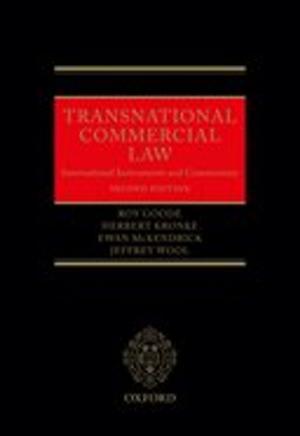The Rise and Decline of the American "Empire"
Power and its Limits in Comparative Perspective
Nonfiction, Social & Cultural Studies, Political Science, International, International Relations, History| Author: | Geir Lundestad | ISBN: | 9780191641008 |
| Publisher: | OUP Oxford | Publication: | March 8, 2012 |
| Imprint: | OUP Oxford | Language: | English |
| Author: | Geir Lundestad |
| ISBN: | 9780191641008 |
| Publisher: | OUP Oxford |
| Publication: | March 8, 2012 |
| Imprint: | OUP Oxford |
| Language: | English |
The Rise and Decline of the American "Empire" explores the rapidly growing literature on the rise and fall of the United States. The author argues that after 1945 the US has definitely been the most dominant power the world has seen and that it has successfully met the challenges from, first, the Soviet Union and, then, Japan, and the European Union. Now, however, the United States is in decline: its vast military power is being challenged by asymmetrical wars, its economic growth is slow and its debt is rising rapidly, the political system is proving unable to meet these challenges in a satisfactory way. While the US is still likely to remain the world's leading power for the foreseeable future, it is being challenged by China, particularly economically, and also by several other regional Great Powers. The book also addresses the more theoretical question of what recent superpowers have been able to achieve and what they have not achieved. How could the United States be both the dominant power and at the same time suffer significant defeats? And how could the Soviet Union suddenly collapse? No power has ever been omnipotent. It cannot control events all around the world. The Soviet Union suffered from imperial overstretch; the traditional colonial empires suffered from a growing lack of legitimacy at the international, national, and local levels. The United States has been able to maintain its alliance system, but only in a much reformed way. If a small power simply insists on pursuing its own very different policies, there is normally little the United States and other Great Powers will do. Military intervention is an option that can be used only rarely and most often with strikingly limited results.
The Rise and Decline of the American "Empire" explores the rapidly growing literature on the rise and fall of the United States. The author argues that after 1945 the US has definitely been the most dominant power the world has seen and that it has successfully met the challenges from, first, the Soviet Union and, then, Japan, and the European Union. Now, however, the United States is in decline: its vast military power is being challenged by asymmetrical wars, its economic growth is slow and its debt is rising rapidly, the political system is proving unable to meet these challenges in a satisfactory way. While the US is still likely to remain the world's leading power for the foreseeable future, it is being challenged by China, particularly economically, and also by several other regional Great Powers. The book also addresses the more theoretical question of what recent superpowers have been able to achieve and what they have not achieved. How could the United States be both the dominant power and at the same time suffer significant defeats? And how could the Soviet Union suddenly collapse? No power has ever been omnipotent. It cannot control events all around the world. The Soviet Union suffered from imperial overstretch; the traditional colonial empires suffered from a growing lack of legitimacy at the international, national, and local levels. The United States has been able to maintain its alliance system, but only in a much reformed way. If a small power simply insists on pursuing its own very different policies, there is normally little the United States and other Great Powers will do. Military intervention is an option that can be used only rarely and most often with strikingly limited results.















